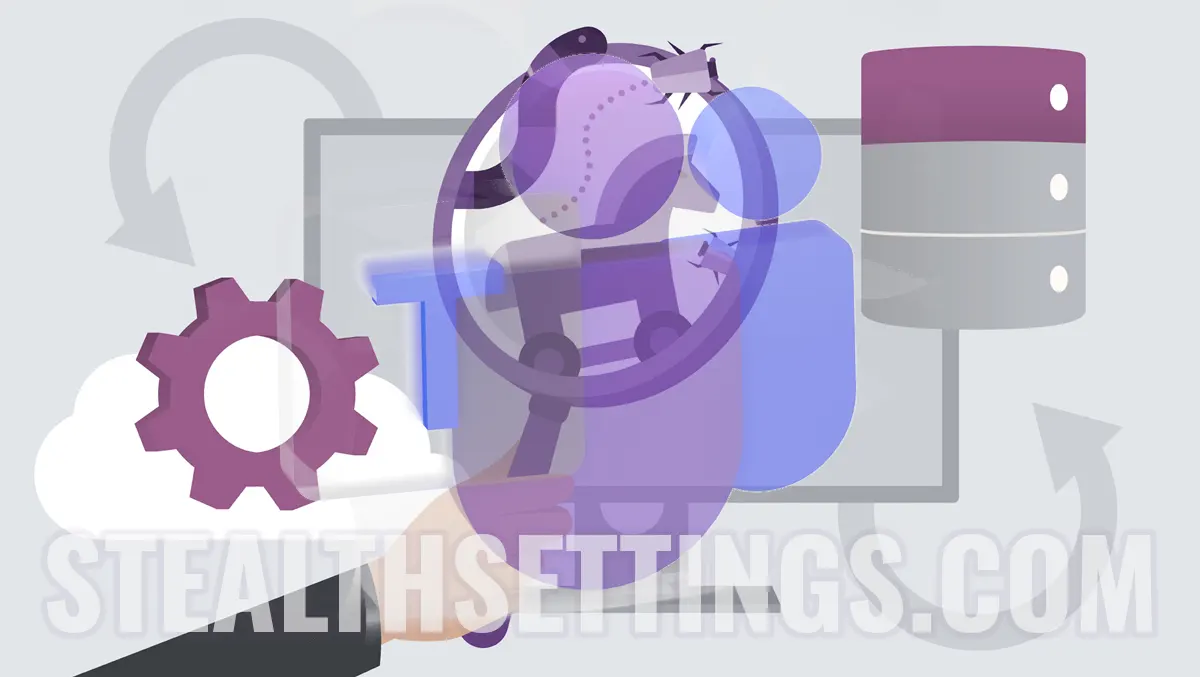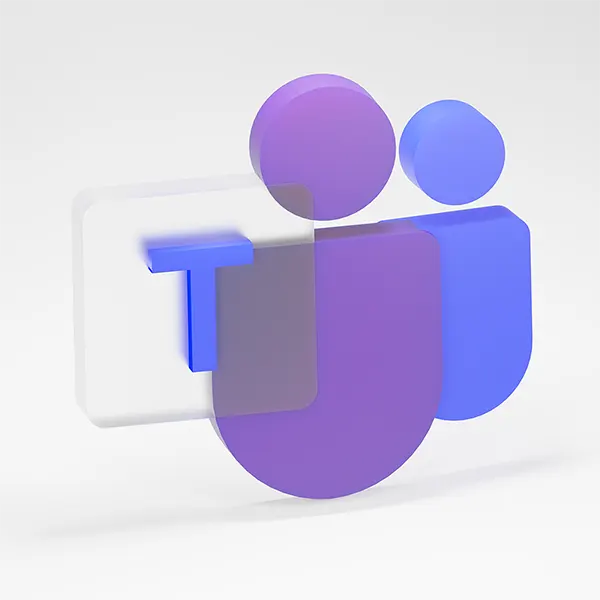Microsoft Teams vulnerability – Auth Tokens in cleartext (2022)

A Microsoft Teams vulnerability that affects all users of the service using the application on Windows, Mac or Linux.
Microsoft Teams is an integrated package platform Microsoft 365. The service is used globally by almost 300 million users for video conferences, voice calls, text messages and file exchange. Used especially for business and office it is assumed that Microsoft Teams for Windows, Linux and Mac should have a relevant security standard. However, it seems that for Microsoft encryption is a little important.
In August (2022) a team of security analysts discovered a Microsoft Teams vulnerability which from which Microsoft seems to have not been complicated to solve it so far.
Microsoft Teams vulnerability – The unclipted authentication token
The security problem discovered is the unlimited storage of authentication tokens in the Microsoft Teams application for Windows, Mac and Linux. More accurate user authentication tokens are kept in cleartext.

This means that if an attacker has access to a computer that is installed Microsoft Teams, it will be able to take the credentials of authentication from the application and will be able to connect to the victim's account. In addition, the attacker assures his access to Microsoft Graph API Even if the account is protected with MFA (Multi-factor authentication). There is no need for advanced malware or special permissions to have access to files containing authentication tokens.
- Office 365 becomes Microsoft 365 with Microsoft Team included
- Another vulnerability discovered in Java
- A new critical vulnerability to Internet Explorer endangers Windows systems
- Vulnerability in Windows OS (32Bit), 17 -year -old
- Critical vulnerability discovered in WooCommerce – Million online stores could be compromised
This vulnerability (if I can call it that) can affect many companies around the world. On Microsoft Teams, business conversations, sessions within organizations, teamwork sessions are worn, employment interviews are held and confidential data is sent.
The most insulting part is that this problem has been reported by Connor Peoples (Cybersecuity analyst) since August 2022, and until now (half September 2022) Microsoft has not taken any measures.
Until Microsoft will solve this Microsoft Teams vulnerability, users can protect themselves using the web version.
In 2022 the preservation of sensitive data in Cleartext, all the more authentication tokens, it seems to me that Microsoft uses the techniques of the 1990s when Yahoo! Messenger Pasta conversations local in text format. Microsoft comes with something extra. Keeps the authentication data.
Microsoft Teams vulnerability – Auth Tokens in cleartext (2022)
What’s New
About Stealth
Passionate about technology, I write with pleasure on stealthsetts.com starting with 2006. I have a rich experience in operating systems: Macos, Windows and Linux, but also in programming languages and blogging platforms (WordPress) and for online stores (WooCommerce, Magento, Presashop).
View all posts by StealthYou may also be interested in...

